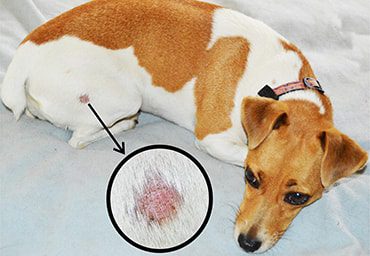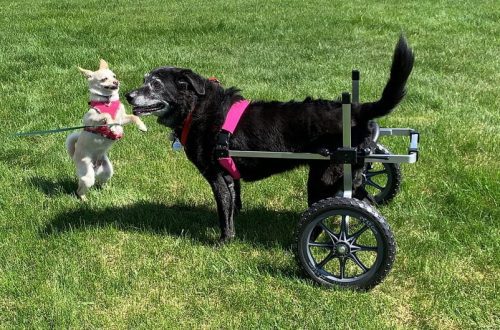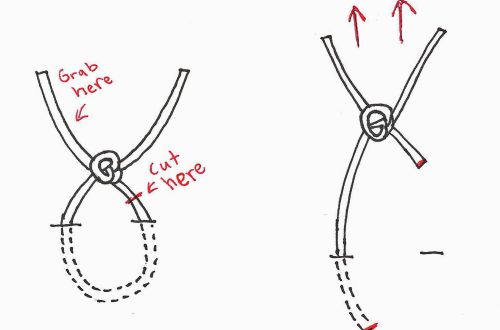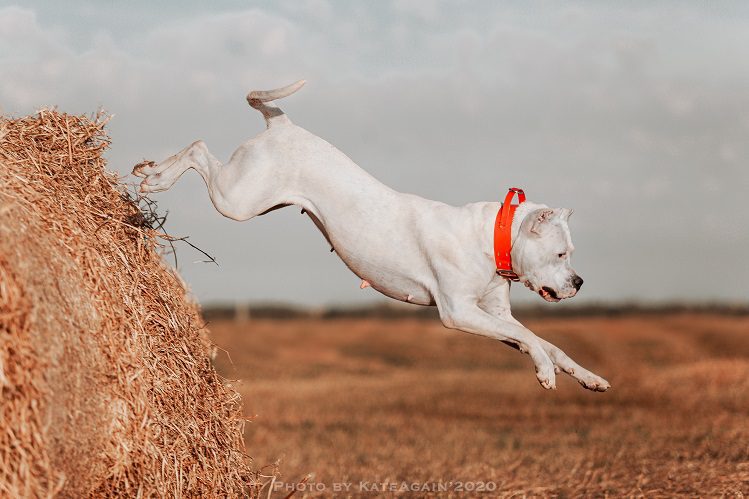
Allergy in Dogo Argentino: how to recognize and what happens?
Daria Rudakova, cynologist, Dogo Argentino breeder and kennel owner, tells
Contents
Is it true that white dogs are more prone to allergies?
You may have heard that white dogs are prone to allergies. What, for example, it occurs more often than in dogs of other breeds. In fact, allergies can occur in absolutely any dog. Just on white dogs, skin rashes and discharge from the eyes or nose are immediately noticeable.
What is an allergy?
Allergy is the reaction of the immune system to seemingly harmless environmental substances: food, dust, pollen, insect bites, cleaning agents, reagents in the winter. Such substances are called allergens. The immune system takes habitual substances for “enemies” and begins to attack them, like viruses and bacteria. Hence the obvious clinical reactions: nasal discharge, lacrimation, skin rashes, and so on.
To block an allergic reaction, antihistamines are used, which depress the immune system and calm the “attack”. In serious cases, hormonal drugs are prescribed, but this is an extreme measure.

How to protect the Dogo Argentino from allergies?
If your dog is allergic, avoid contact with the allergen to protect its health. Be sure to consult with your veterinarian about what medicine to give your dog in case of an allergic reaction.
Always keep a first aid kit with the necessary drugs with you. They must be agreed with a veterinarian.
The reaction to an allergen can be immediate. Due to a bee sting, the bite site swells almost instantly, you need to urgently go to the veterinary clinic. There is also a cumulative reaction: to food and treats.
Food allergies account for about 20% of cases.
When a puppy comes to your house, please do not try to treat him to everything that is tastier. Try to follow the breeder’s recommendations.
It is easy to provoke a food reaction yourself if you feed the dog incorrectly: choose the wrong food, give “everything in a row”, violate the feeding norm. In addition to allergies, an unbalanced diet can disrupt the dog’s gastrointestinal tract, which also has consequences.
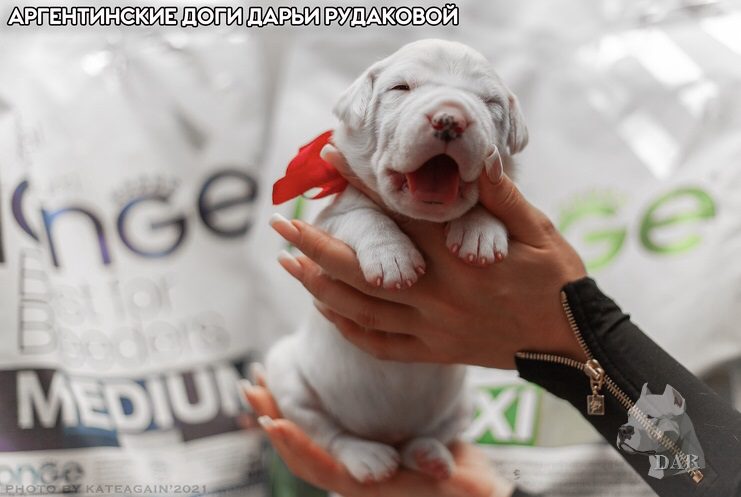
Common causes of allergies and their manifestations
- With improper feeding, the dog may develop skin rashes. If you disrupt the digestive tract of your pet, then the allergy will often appear. Restoring the GI tract is not easy. A secondary infection can join an allergic reaction – and this is very serious.
The main thing is to feed your pet correctly, choose a diet that is right for him. If the work of the gastrointestinal tract is already disturbed, it is necessary to go to the veterinary allergist in time and determine what exactly the problem is.
If you notice rashes, frequent licking, itching and anxiety, please do not self-medicate and consult a specialist.
- In winter, dogs in the city suffer from salt and reagents that are sprinkled on the roads. They can cause a rather strong reaction: the skin on the paws cracks and becomes inflamed, swelling appears, a severe rash appears. If it is impossible to avoid contact with these substances, wearing overalls and shoes for walks will help.
- During the summer flowering season, some dogs may have reactions to pollen or grasses. A fairly strong allergen is the grass “ambrosia”, there are a lot of it in the south. I myself had an unpleasant acquaintance with her: my nose was very stuffy, my eyes watered. Antihistamines and moving helped.
Rashes may not be related to allergies. From about 6-7 months, Argentinean dogs may develop small rashes on the head and body. This is due to hormonal changes. Usually, by the age of 2, the hormonal background normalizes and everything passes without a trace.
Young dogs may develop stomach irritation if they walk in tall grass. It goes away fairly quickly after a few walks.
Purchasing a puppy from healthy parents without signs of allergies does not guarantee the absence of allergic reactions. But if you follow the right conditions of maintenance and care, the risk of allergies is minimal.
Take care of your four-legged friends! May your life together be comfortable for both parties.



